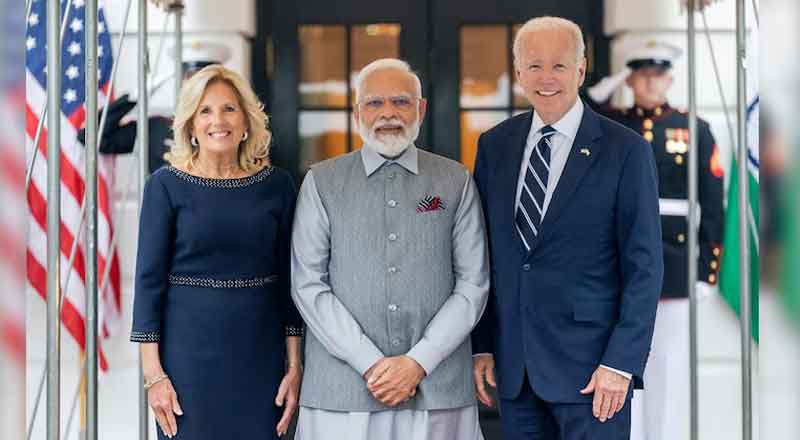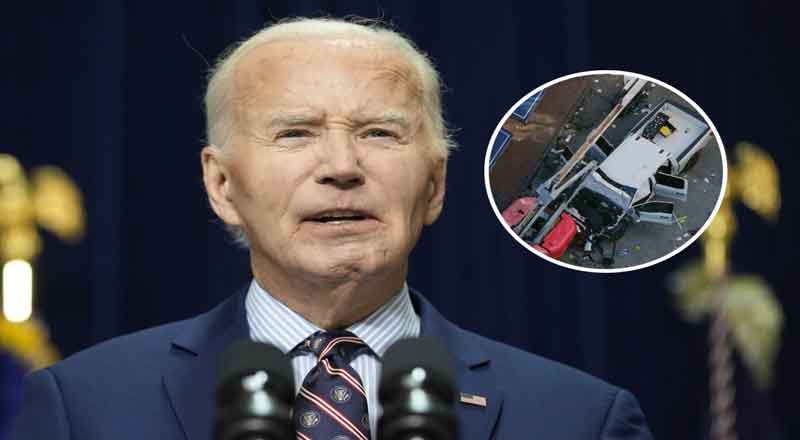Kamala Harris, the daughter of a Jamaican father and an Indian mother, represents a significant shift in the United States’ demographics. As she stands on the stage to accept the Democratic Party’s nomination for the presidency, Harris embodies the growing multiracial identity that is shaping America’s future.
The Rise of Multiracial America
According to the U.S. Census Bureau, around 42 million Americans now identify as multiracial, making up 13% of the population. This is a dramatic increase from just 2% in 2000 when the census first allowed people to select multiple races. The U.S. has long prided itself on being a “melting pot” of diverse cultures and backgrounds, but legal and social barriers, such as segregation and laws against interracial marriage, persisted well into the 20th century. These barriers only began to crumble with the civil rights movement and the Supreme Court’s 1967 decision to overturn laws prohibiting interracial marriage.
Since then, social change has accelerated. The election of Barack Obama as the first Black president in 2008 marked a significant milestone, and Harris’ nomination now offers the possibility of the first Black woman and South Asian president. As Svante Myrick, president of the advocacy group People for the American Way, noted, “We’re living in a situation 50 years later where we could be looking at our second mixed-race president, and it’s beautiful.”
Navigating Identity in a Diverse Nation
Harris’ multiracial identity has resonated with many Americans, especially as the country becomes increasingly diverse. The majority of multiracial individuals are under 44, and a third are still children, highlighting the youthfulness and future potential of this demographic. However, this shift has also been met with resistance and confusion, particularly from some segments of the shrinking white majority. Former President Donald Trump, for instance, sparked controversy by questioning whether Harris identified more as Indian or Black, a comment that echoed the challenges many multiracial individuals face when asked to choose between their different racial identities.
Harris, however, has consistently embraced both sides of her heritage, seeing her diverse background as a strength. This sentiment is shared by Democrats, who argue that her multifaceted experiences make her a more effective leader. Representative Maxwell Frost, who is of Lebanese, Puerto Rican, and Haitian descent, stated, “When you have individuals who carry multiple experiences in the same person, that’s an asset… That enhances her ability to legislate and advocate” on behalf of a broad range of Americans.
The Backlash Against Diversity
Despite the progress symbolized by Harris’ rise, the increasing diversity of the U.S. has also fueled backlash. White nationalist groups have gained traction online, spreading conspiracy theories like “The Great Replacement,” which suggests that demographic changes are a threat to white Americans. Additionally, some Republican lawmakers have focused on restricting discussions of racial history, with a surge in racial hate crimes reported annually.
This backlash is seen by many as a reaction to the Obama presidency and the demographic shifts in the U.S. Matthew Belmont, a history professor at Dartmouth College, noted, “So much of that was push back that really emerged in response to the Obama presidency and it was really stoked among people who are scared by the demographic trends in the United States.”
A Changing Political Landscape
The tension over America’s evolving identity is also evident within the political landscape. Tara Betrayer, an Afro-Latina and white conservative, once aligned with the Republican Party due to its emphasis on colour-blind policies. However, she now criticizes the party’s recent rhetoric, particularly on issues like immigration, as carrying undercurrents of racism. Betrayer believes that some Republicans are resisting the country’s evolution, missing out on the beauty of its growing diversity.
As the U.S. continues to diversify, Kamala Harris’ candidacy serves as a powerful reminder of the nation’s multiracial future. Whether celebrated or contested, this shift is undeniable, shaping the path forward for America.
(With inputs from agencies)





